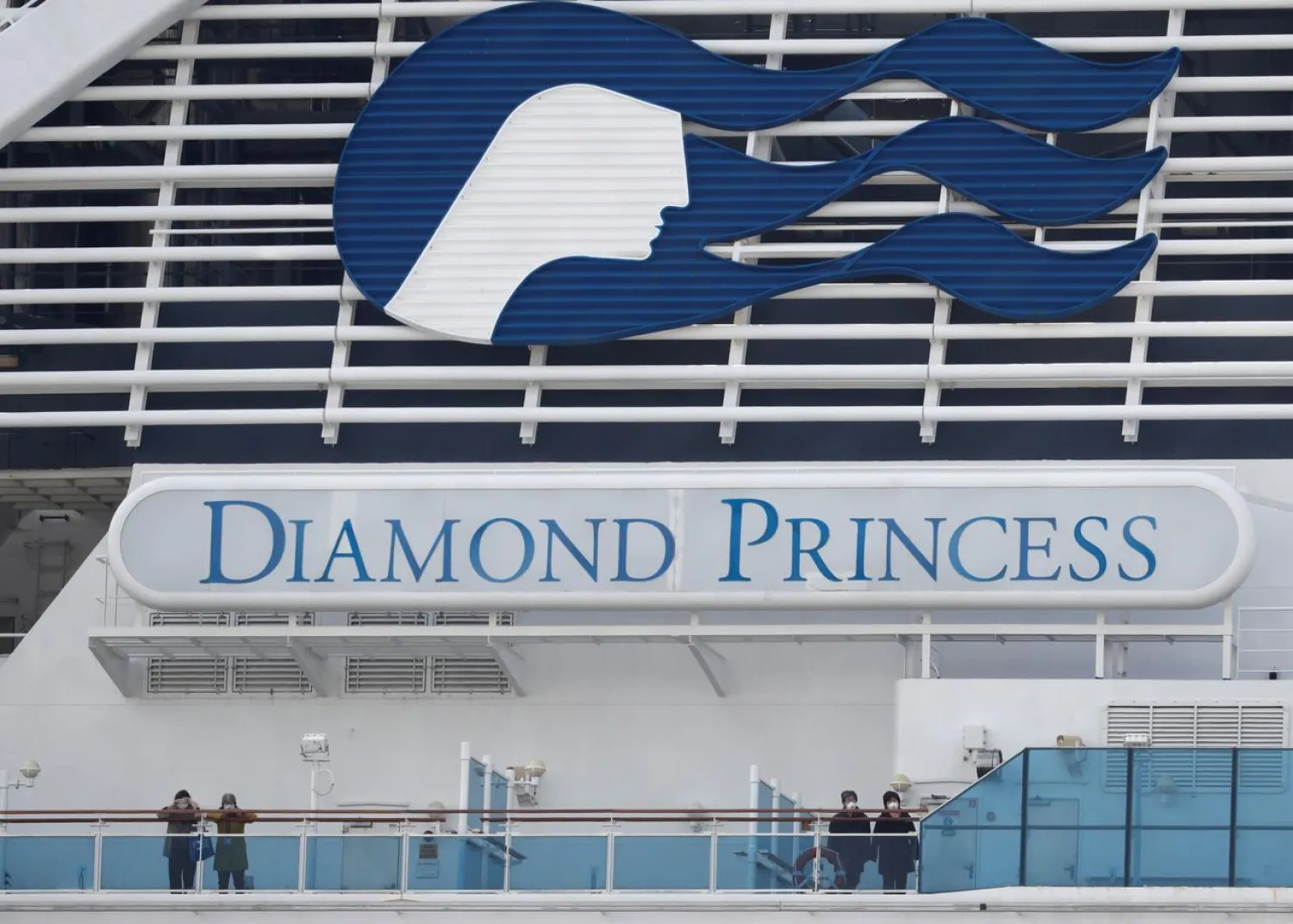One of the 11 Israelis who were flown home after being quarantined on the cruise ship Diamond Princess in Japan has tested positive for the new coronavirus, the first case to be reported inside Israel, the Health Ministry said Friday.
The Israeli cruise ship passengers, who had all initially tested negative for the new coronavirus, arrived on a charter plane overnight. They were met by medics in protection suits and immediately taken to the Sheba Hospital in the central town of Tel Hashomer, where they will be kept in quarantine.
Another four Israelis were hospitalized in Japan after testing positive for the virus.
The new coronavirus, which causes the illness recently named COVID-19, has infected more than 76,000 people in 27 countries and caused more than 2,200 deaths since it was first reported in the central Chinese city of Wuhan in December.
The Diamond Princess docked at a Yokohama port has the most cases of the new virus outside of China, with 634 confirmed by late Thursday. Two former passengers have died.
Dozens of foreign passengers were flown back to their home countries on flights chartered by their governments.
Israel has canceled all flights to and from China, and is requiring Israelis returning from China, Hong Kong, Macau, Singapore or Thailand to be quarantined at home for two weeks.
Earlier this month, Prime Minister Benjamin Netanyahu said it was "inevitable" that the COVID-19 outbreak would reach Israel.
He urged health authorities to focus on developing a vaccine.









